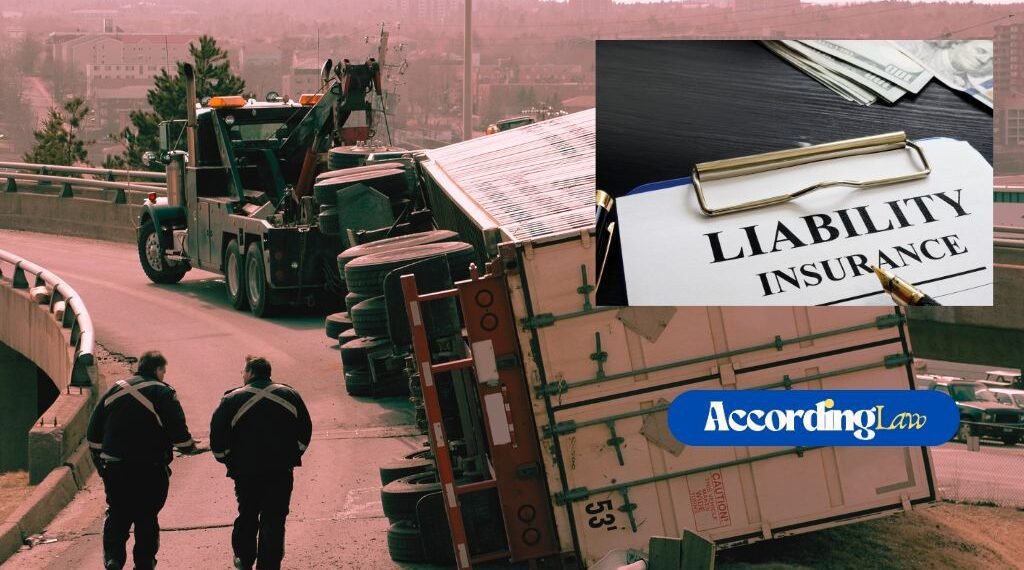Truck accidents are among the most severe collisions on the road. Due to their size and weight, trucks can cause extensive damage and serious injuries in a crash.
When a truck accident happens, one of the first questions asked is: Who is responsible? This is what we call liability. Understanding liability in truck accidents helps victims get the compensation they need for medical bills, lost income, and more.
In this article, we’ll break down who might be at fault and how liability is determined in simple terms.
Table of Contents
The Basics of Truck Accident Liability
Liability means legal responsibility. In a truck accident, liability determines who must pay for the damage. It is not always the truck driver who is at fault. Several people or companies can be held responsible depending on what caused the crash.
To figure out liability, investigators look at what went wrong. Was the truck driver speeding? Did the brakes fail? Was the cargo loaded improperly? These answers help decide who is liable.
Who Can Be Held Liable?
Truck accidents are more complex than regular car crashes because more parties are often involved. Here are some of the people or companies who may be held liable:
The Truck Driver
If the truck driver was distracted, speeding, driving under the influence, or breaking any traffic laws, they might be found at fault. Truck drivers must follow strict rules, and breaking them often leads to accidents.
The Trucking Company
Sometimes, it’s not just the driver. The trucking company may be at fault if it forced the driver to work long hours, failed to train them properly, or skipped important vehicle inspections.
The Truck Owner
If the truck is owned by someone other than the driver or the company, that person might be liable for poor maintenance or faulty parts.
The Cargo Loaders
If cargo is not loaded the right way, it can shift and cause the truck to lose control. The company or the workers who loaded the truck could be held responsible.
Parts Manufacturers
If a truck part-like the brakes or tires-fails and causes an accident, the manufacturer of that part could be to blame.
Proving Who Is at Fault
To hold someone liable, you need proof. This is where things like accident reports, witness statements, camera footage, and truck data logs become important. A vehicle accident lawyer or investigator will look at all the details to find out exactly what caused the crash and who should be held responsible.
Some key pieces of evidence might include:
The Impact of Truck Accidents on Victims
Truck accidents can lead to life-changing injuries and expensive recovery. Some common injuries that motorists suffer in a truck accident include broken bones, brain injuries, spinal cord damage, and burns.
Victims may face long hospital stays, surgeries, and therapy. That’s why finding out who is responsible is so important-so victims can get the help they need to move forward.
Know Your Rights After a Truck Accident
Understanding liability in truck accidents is key to protecting your legal rights. Whether the fault lies with the driver, the trucking company, or someone else, identifying who is responsible helps victims get the justice they deserve. Because the injuries and costs involved in truck accidents are so serious, it’s important to act quickly and get legal advice if you’ve been in a crash.
Got questions? We’ve got answers! Check out our blog for loads of interesting and helpful content today!


